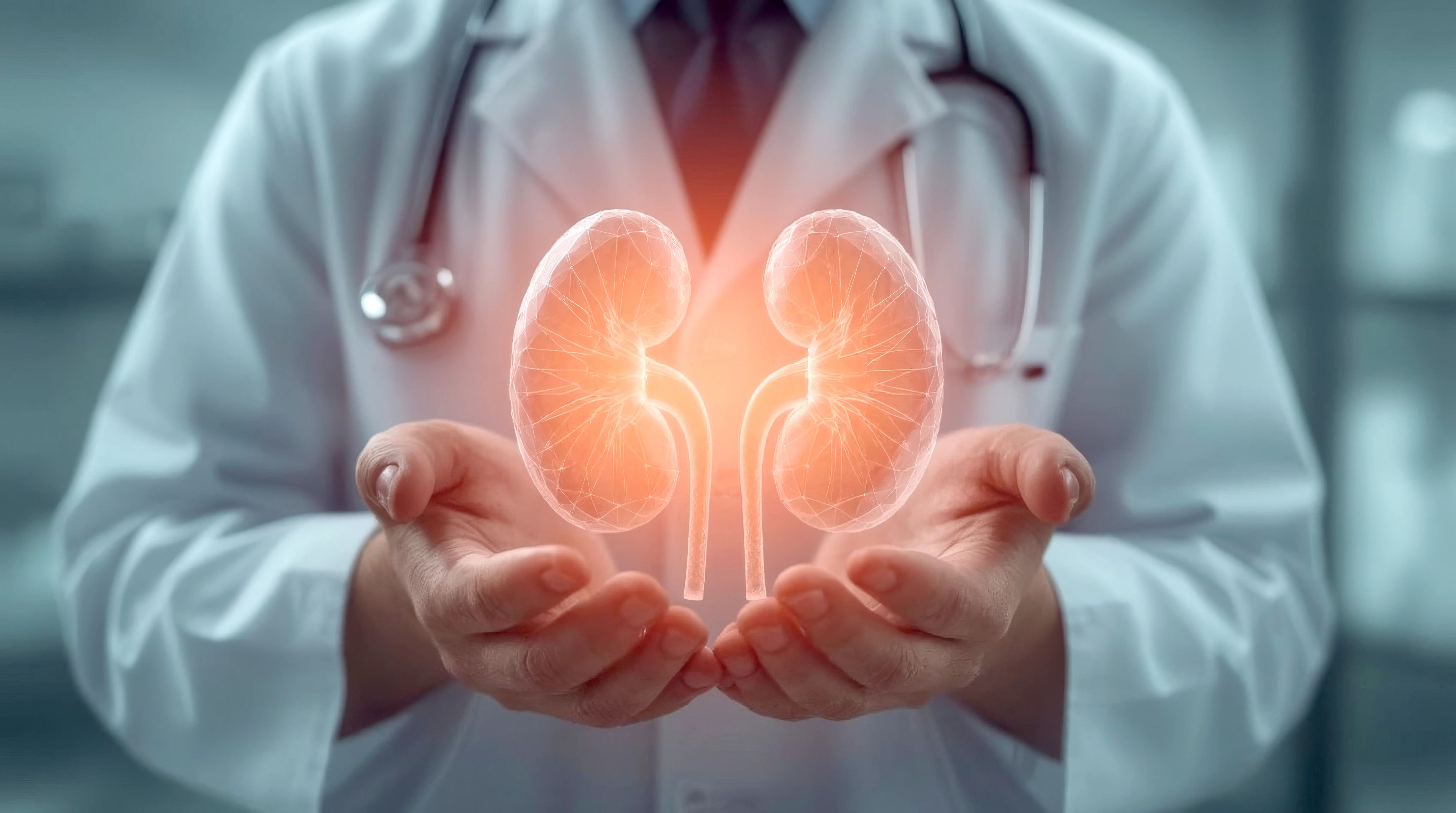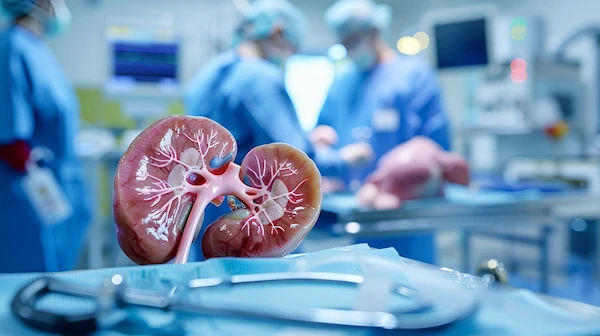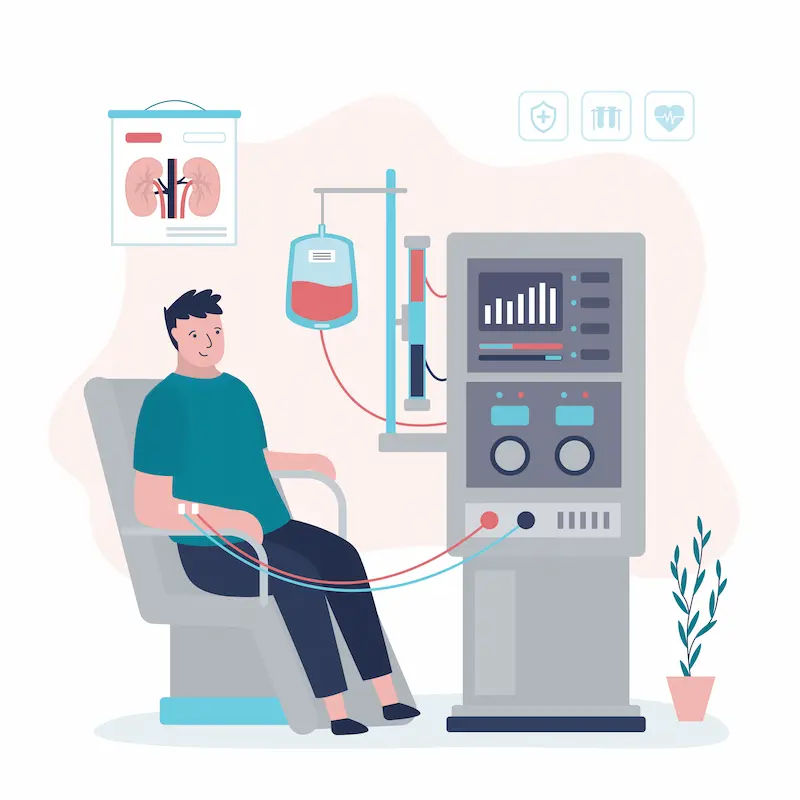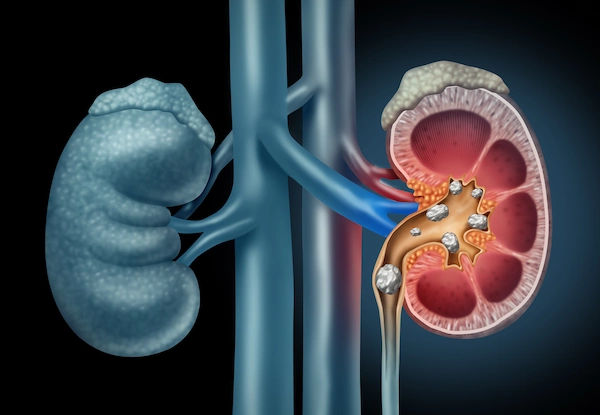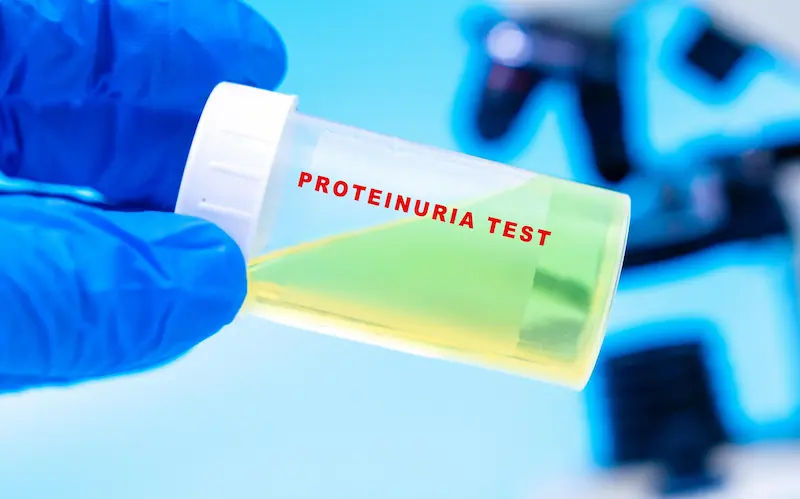- male
- 52 Years
- 22/01/2025
I'm 52 and I've been told I have diabetes with a creatinine level of 1.4. My urine creatinine is 15, which I understand is normal since it's below 30, and there are no proteins found. My HbA1c is 7.9. The Lifespan clinic suggested I see a kidney specialist because they believe my creatinine levels aren't related to my diabetes. Can you help me understand why my creatinine might be high if it's not due to diabetes?
Answered by 1 Apollo Doctors
With your medical history of diabetes, creatinine level of 1.4, urine creatinine of 15, and HbA1c of 7.9, it is important to follow up with a kidney specialist for further evaluation and management. It is crucial to address any potential kidney issues to prevent complications and maintain your overall health.
Dr. Anshul Suggests...
Consult a Nephrologist
Answered 04/07/2025
0
0

More Nephrology Health Queries
View allI'm really worried about my friend who just donated a kidney. She's planning to get married soon, and I'm curious if this donation could cause any health issues for her later in life. Is there anything specific she should be aware of or prepared for as she moves forward?
Not exactly human can survive on single kidney as well unless if she gets any comobid ailments mere kidney donation is not huge problem
Answered by 1 Apollo Doctors
So my dad just got test results back, and his creatinine levels are at 7.2. I'm really worried about what this could mean for his health. Can you explain the potential issues high creatinine levels can cause? Also, what steps can we take to try and lower these levels? Any advice would be really helpful.
take treatment & consult Nephrologist
Answered by 1 Apollo Doctors
I'm trying to understand my recent kidney test results. My creatinine is at 0.8 mgdL and my urea level is 21 mgdL. Could you help me figure out what my BUN-to-creatinine ratio is and what it means for my health? I'm kind of worried about the effects it might have.
Your BUNCreatinine ratio can be calculated by dividing the BUN value by the creatinine value. In your case, the BUNCreatinine ratio is 210.8, which equals 26.25. A normal BUNCreatinine ratio is typically between 10:1 and 20:1. A ratio higher than this range may indicate dehydration, gastrointestinal bleeding, or a diet high in protein. A ratio lower than this range may indicate liver disease or malnutrition. In your case, with a BUNCreatinine ratio of 26.25, it is slightly higher than the normal range. This could be due to dehydration or a high-protein diet. It is important to stay hydrated and consider adjusting your diet if necessary.
Answered by 1 Apollo Doctors
Disclaimer: Answers on Apollo 247 are not intended to replace your doctor advice. Always seek help of a professional doctor in case of an medical emergency or ailment.

